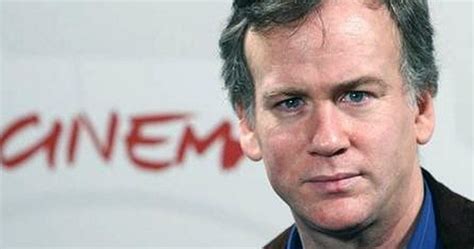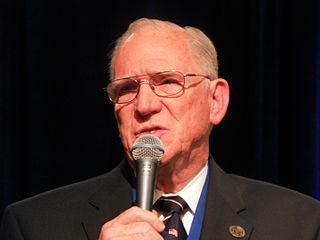A Quote by Michael Beschloss
Then you get to the last half of the 20th century, Americans are getting very skeptical about their leaders and their institutions, and another place that is affected is parties and conventions.
Related Quotes
The different American experience of the 20th Century is crucial because the lesson of the century for Europe, which essentially is that the human condition is tragic, led it to have a build a welfare system and a set of laws and social arrangements that are more prophylactic than idealistic. It's not about building perfect futures; it's about preventing terrible pasts. I think that is something that Europeans in the second half of the 20th century knew in their bones and Americans never did, and it's one of the big differences between the two Western cultures.
D-Day represents the greatest achievement of the american people and system in the 20th century. It was the pivot point of the 20th century. It was the day on which the decision was made as to who was going to rule in this world in the second half of the 20th century. Is it going to be Nazism, is it going to be communism, or are the democracies going to prevail?
The result of these ungodly unions was a race of very wicked and very powerful hybrid (half-fallen angel, half-human) offspring - the Nephilim - who corrupted, harassed, even killed mankind. Now, at the end of the 20th century, we have the return of "alien" entities with apparent supernatural powers.
From Nato to the U.N. and the E.U., the generation that lived through the first half of the 20th century knew they needed to create a new world order. An order with rules and institutions which, however imperfect, could act both as constraints on individual countries going rogue and as catalysts for co-operation for mutual benefit.







































